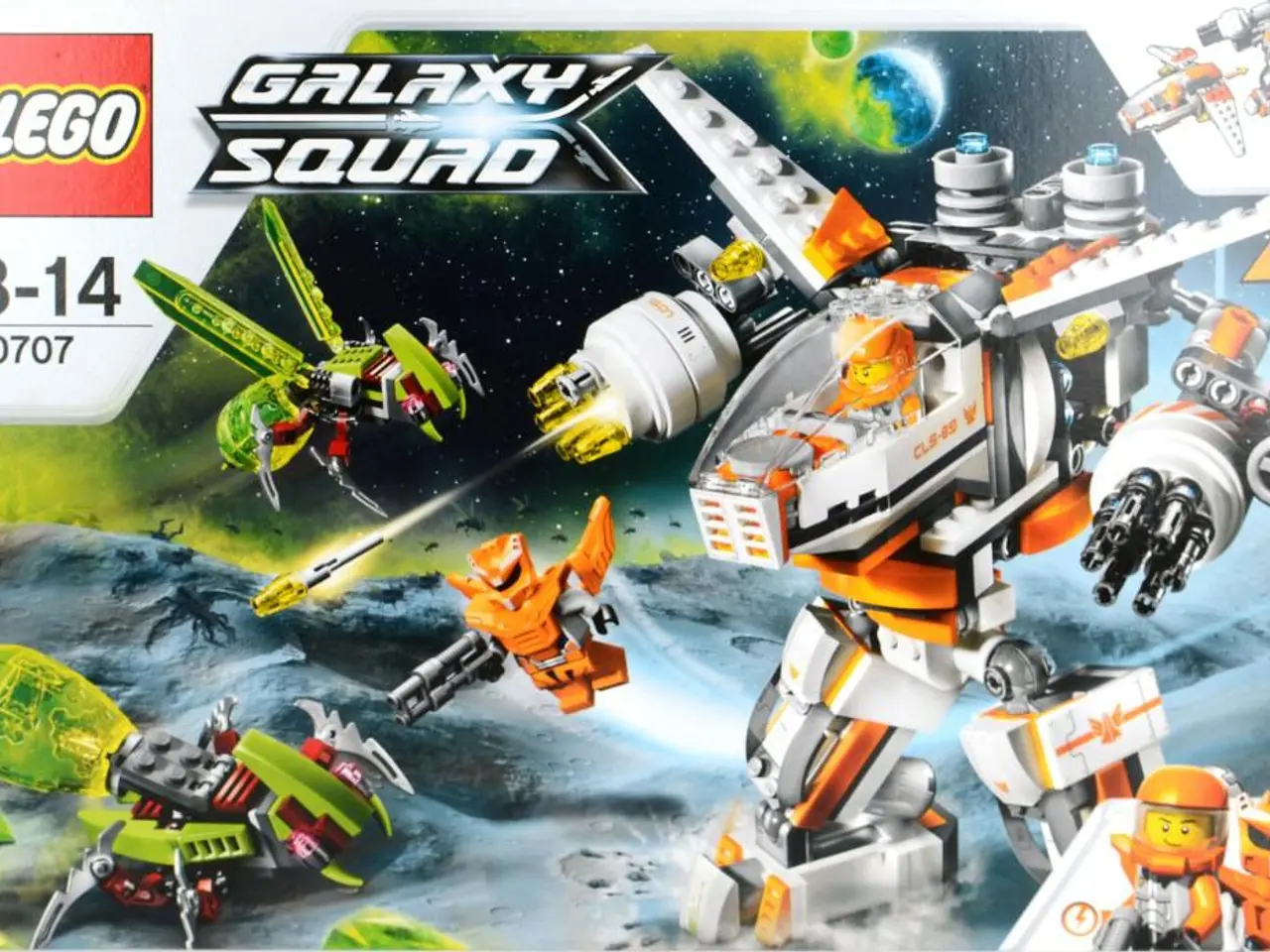Funding secured for space venture Icarus, as they land $6.1 million in their seed funding round
In an exciting development for the space industry, Irish robotics company Icarus has successfully secured $6.1 million (€5.1 million) in a seed funding round. The round was backed by Soma Capital, Xtal, Nebular, and Massive Tech Ventures, with Aneel Ranadive, managing partner of Soma Capital, expressing his excitement about the investment.
Icarus, co-founded by Irishman Jamie Palmer and Ethan Barajas, is developing a new generation of robots designed for a general-purpose robotic labour force in space. These robots start by learning from human demonstrations and then carry out complex tasks autonomously, addressing a critical bottleneck in the space economy as commercial space manufacturing moves to orbit.
The robots developed by Icarus are equipped with built-in intelligence, allowing them to physically interact with their environment to perform routine work in space. Currently, the first generation of these robots is remotely operated by humans, but as they continue to learn and adapt, they are expected to free astronauts from routine tasks, enabling them to focus on high-leverage research and exploration.
Icarus is targeting embodied AI, machines that learn through real-world interaction with human demonstrations to carry out complex tasks autonomously. This approach aims to overcome the limitations of existing space robotics, which rely on rigid systems that must be redesigned for every new use case.
Partnerships with NASA and major commercial space station developers further solidify Icarus' position in the space industry. The company is headquartered in New York, and while the identities of the other investors involved in the financing beyond Soma Capital, Xtal, Nebular, and Massive Tech Ventures have not been specifically named, their support underscores the potential of Icarus' innovative approach to space robotics.
With fewer than 100 astronauts active globally at any time, the need for efficient, autonomous robots in space operations is clear. Icarus' robots bring the robotics revolution to space, offering a promising solution to this challenge and paving the way for a more productive and exploratory future in space.
Read also:
- Indian Oil Corporation's Panipat Refinery secures India's inaugural ISCC CORSIA accreditation for Sustainable Aviation Fuel production
- Increasing Trend Downthe Globe: A Growing Number of Individuals Opt for Electric Vehicles Over Long Distances
- China is, unlike the United States, embracing technological progress rather than attempting to restrict it.
- Increasing Carbon Capture and Utilization (CCUS) endeavors could potentially mark the next phase in China's advancement of eco-friendly technology.







